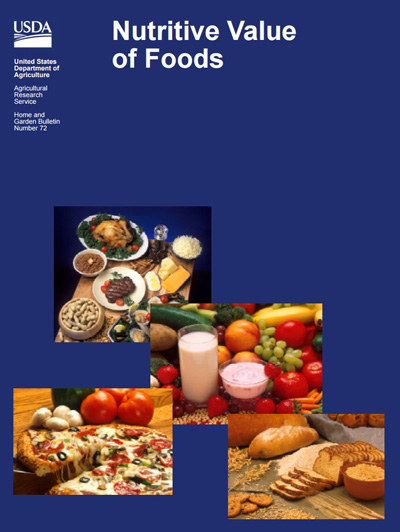
Obesity Surgery Solutions
because life is too short...
Protein Intake Following Weight Loss Surgery
Announcements:
Bariatric Support Group Meeting
 Wednesday, July 15, 5 pm
Wednesday, July 15, 5 pmSharing experiences, recipes, supporting each other
withAndras Sandor, M.D., F.A.C.S.
Where:
ONLINE
REGISTRATION - REQUIRED
Call 781 418-1900
Obesity Surgery Information Seminar
Anytime, at your convenience
The Online Seminar is always open, call our office for a password or install the mobile app

So, what is the big issue about protein intake?
The human body functions as a huge biochemical factory and is able to convert one substance to another. We can synthesize carbohydrates, DNA or RNA, fatty acids by breaking down other molecules. What the human body is unable to synthesize are the amino acids, the basic building blocks of protein molecules. We rely on the amino acids introduced with our diet. The amino acids are found in the protein component of our daily meals.
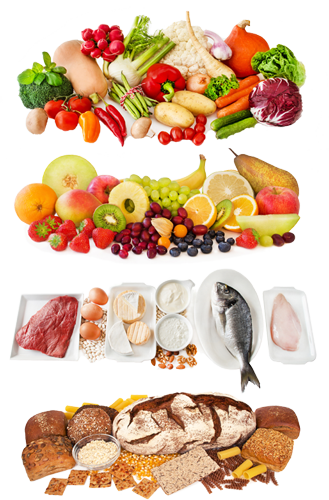 Unless we provide the necessary daily volume of protein in our diet, our body will need to utilize the internal reserves stored in the muscles and bones. This will result in a substantially unhealthy weight loss, malaise, fatigue. Taking 60-80 gramms of protein is not a problem for the general population, but after weight loss surgery, for the first few weeks, when the intake of solid food is limited, it can be a significant issue. Nature does not provide such quantities of protein in liquid format.
Unless we provide the necessary daily volume of protein in our diet, our body will need to utilize the internal reserves stored in the muscles and bones. This will result in a substantially unhealthy weight loss, malaise, fatigue. Taking 60-80 gramms of protein is not a problem for the general population, but after weight loss surgery, for the first few weeks, when the intake of solid food is limited, it can be a significant issue. Nature does not provide such quantities of protein in liquid format.
The goal of weight loss surgery is to provide an individual a unique opportunity to change his lifestyle and diet for good without struggling with constant cravings, like in a diet program. People who are successful to accomplish his goal can eat a normal, healthy diet with no particular problem or struggle for the rest of the lives. However, in the immediate postoperative period, while the tissues are healing and the patient's are adjusting and learning the limitations, a very gradual and systematic diet program must be followed. Noncompliance during this period carries the risk of various surgical problems, such as staple line leakage, nausea and vomiting.
This means, that we need to slowly transition from a liquid consistency diet to a soft, then eventually solid food based diet over the course of 5-6 weeks. However, the daily protein intake of 70-80 g must be maintained throughout this period to assure healthy healing, good energy levels and to avoid muscle and bone wasting. Only very pure, high-quality protein products can achieve this goal. Unfortunately, there is no liquid consistency meal offered by nature that contains protein in such quantities. A dietitian will prepare you in advance and will guide you through this process.
Protein content of representative foods in the human diet
| Food | Protein (grams) |
|---|---|
| Milk, 244 g (8 oz.) | 9.0 |
| Egg, 50 g ( 1 large) | 6.1 |
| Apple, 212 g (1 3.75 inch) | 0.4 |
| Banana, 74 g (1 8 inch long) | 1.2 |
| Potato, cooked, 135 g (1 potato) | 2.5 |
| Fish, cod, poached 100 g | 20.9 |
| Beef, pot roast, 85 g (3 oz, lean only) | 23 |
Therefore, the use of high quality concentrated protein drinks is necessary in the immediate post surgical period to supply you body with the essential protein calories, until you are able to consume solid food.
"What are these drinks and where can I obtain them?"
Although, retail stores do carry some whey protein products, specifically engineered protein shakes provide better absorption and carry more nutrients for the bariatric patients. These are available through online ordering and the links to the vendors are available on our Web Store page.
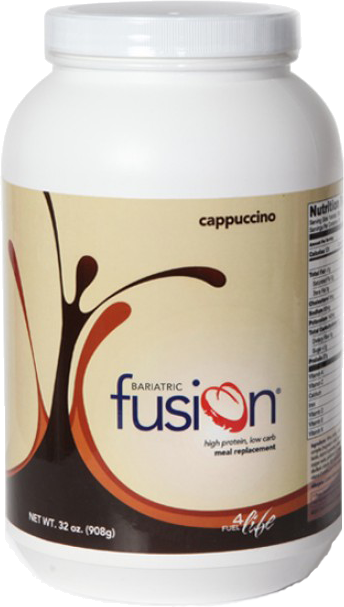
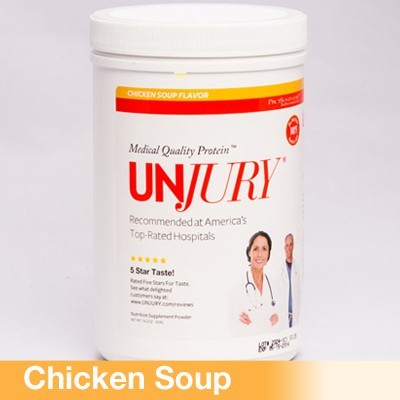
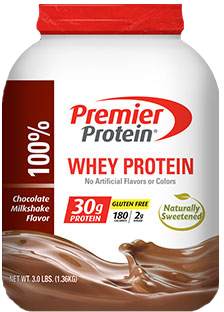

These products are typically whey protein isolates and come in various flavors. They are supplied in a powder form, should be mixed with cold water or skim milk. Use a blender and add the recommended amount of fluid to the standard dose in the packet, or the scoop, if the product came in a tub. Blend the mixture for 45 seconds, than add some ice chips. Adding a few pieces of fruit may also help adjusting the flavor as well as adding sugar-free artificial flavoring. Blend for another 15 seconds and the result should be a smoothie-like pleasant drink.
Download the free Premier Protein Recipe Book. Enjoy over 35 recipes in a handy downloadable pdf!
DOWNLOAD

- You should definitely use a blender, don't try to shake it together!
- Read the packaging to know how much protein is present in each serving. Different products have different protein content! Then you can calculate how much you will need for the whole day.
- If you absolutely hate the taste or the consistency, experiment with a different flavor and adjust the powder/liquid ratio to make the shake thicker or thinner. You may try to add a few pieces of frozen berries or banana to alter the taste. You need to be comfortable with this by the time of the surgery. If you leave this for after surgery, you may become extremely discouraged.
We do not recommend Carnation Instant Breakfast, Muscle Milk or Boost products for weight loss surgical patients! Although, they taste good and are easy to consume, these products were designed for an entirely different purpose and carry a lot more calories than you want to take at this phase. Their glycemic index is generally much higher than the speciality protein drinks'.
"How long should I take these drinks?"
Two weeks before surgery you will start an aggressive protein shake diet. This will trigger some weight loss and some shrinking of your liver. Studies have proven that while preoperative weight loss does not predict the ultimate success of the surgery, may significantly reduce the perioperative risk of the surgery itself.
Following surgery, protein shakes will be the only source of protein for your body for 2 weeks. Then you will be slowly advance to a high protein soft diet and 2-3 weeks later to a regular diet. The protein shakes should be slowly weaned off to make sure you will receive the combined total of 60-80 gramms of protein daily. We strongly recommend taking 1-2 shakes daily for the first 3-6 months to assure healthy overall protein intake.
You may download the following documents for mor more information regarding the postopertaive diet plan:
 Download the booklet with the details of preoperative and postoperative obesity surgery diet stages
Download the booklet with the details of preoperative and postoperative obesity surgery diet stages
Copyright 2016 Commonwealth Weight Loss, LLC. All Rights Reserved.


